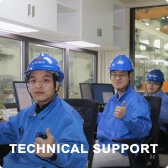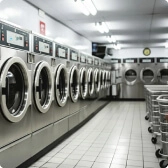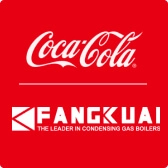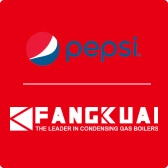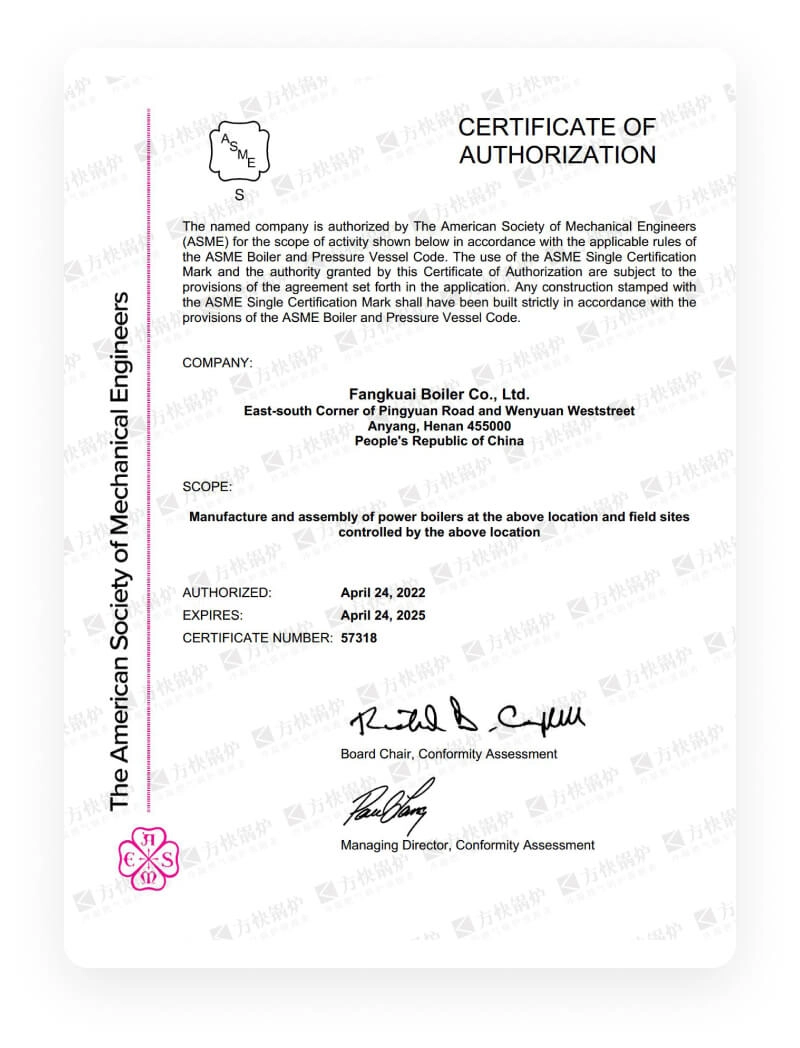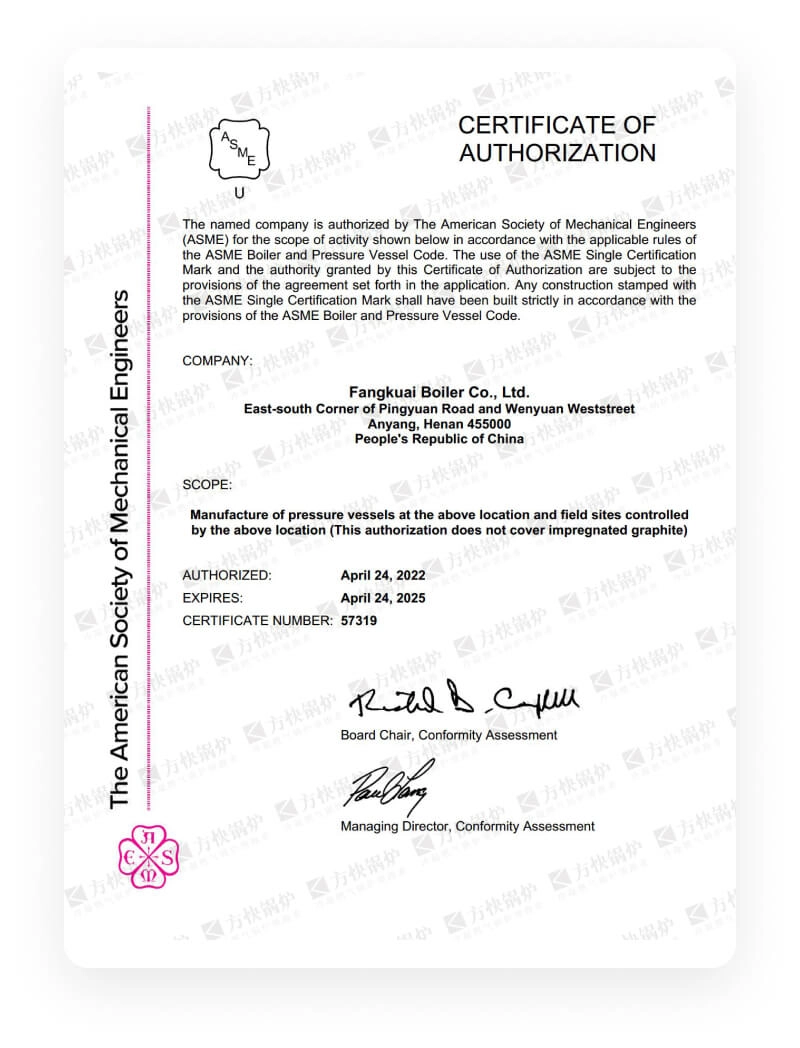What factors affect boiler thermal efficiency?
date: 2024-08-08
Page preview:
Boiler thermal efficiency refers to the percentage of effective heat in the heat delivered by fuel, which reflects the boiler's ability to convert fuel thermal energy into effective thermal energy. The factors that affect boiler thermal efficiency are mainly the following:
1. Exhaust heat loss
Exhaust temperature:
The higher the exhaust temperature, the more heat is taken away and the greater the heat loss. Lowering the exhaust temperature is an effective way to reduce exhaust heat loss.
Air preheater leakage:
Air preheater leakage will increase the exhaust volume, thereby increasing exhaust heat loss. Reducing the leakage rate, especially the leakage rate of rotary air preheater, is crucial to reducing exhaust heat loss.
Boiler water quality:
Poor boiler water quality will cause scaling on the heating surface, affect heat transfer efficiency, and indirectly increase the exhaust temperature. Strictly controlling boiler water quality indicators and regular acid washing are important measures to reduce exhaust heat loss caused by scaling.
Ash and slag on the heating surface:
Ash and slag on the heating surface will affect the heat transfer efficiency, causing the exhaust temperature to rise and increasing the exhaust heat loss. Regular cleaning of the heating surface is an effective way to reduce this loss.
2. Mechanical incomplete combustion heat loss
Fuel-air ratio:
Improper fuel-air ratio will lead to incomplete combustion of fuel, produce a large amount of combustible gas and solid particles, which will be discharged with the flue gas, causing heat loss. Reasonable adjustment of the fuel-air adjustment ratio and control of the appropriate excess air coefficient are the key to reducing mechanical incomplete combustion heat loss.
Combustion conditions:
The quality of combustion conditions directly affects the combustion effect of fuel. Adjusting the combustion conditions according to the boiler load and time, reasonably distributing the air, lowering the center position of the furnace flame as much as possible, and allowing the coal to burn fully in the furnace are effective ways to reduce mechanical incomplete combustion heat loss.
3. Heat loss
Insulation effect:
The insulation effect of the boiler body and pipelines directly affects the heat loss. Strengthening the maintenance and overhaul of the boiler pipeline and the body insulation layer to reduce heat loss is an important measure to improve the thermal efficiency of the boiler.
4. Physical heat loss of ash
Ash carbon content:
The unburned carbon contained in the ash is an important source of heat loss. By optimizing the combustion process and reducing the carbon content of the ash, the physical heat loss of the ash can be significantly reduced.
5. Other factors
Fuel quality:
The higher the quality of the fuel, the higher the calorific value and the more heat energy released after combustion. Ensuring the quality of the fuel provided to the boiler is the basis for improving the thermal efficiency of the boiler.
Steam and water loss:
Steam and water loss during boiler operation will also lead to heat loss. Reducing steam and water loss, such as improving the installation and overhaul quality of the steam-water separation device and maintaining the boiler load and water level stable, will help improve the thermal efficiency of the boiler.
In view of the above influencing factors, the following measures can be taken to improve the thermal efficiency of the boiler
Reduce heat loss from flue gas:
Optimize combustion adjustment and maintain appropriate excess air coefficient.
Strengthen the cleaning and descaling of the heating surface to reduce the exhaust temperature.
Reduce air leakage and improve the sealing performance of the air preheater.
Reduce heat loss from mechanical incomplete combustion:
Reasonably adjust the mixing ratio of fuel and air.
Maintain appropriate coal powder fineness.
Strengthen the maintenance and adjustment of the burner to ensure that the fuel is fully burned in the furnace.
Improve water quality management:
Strictly control the water quality indicators of boiler feed water to prevent scaling and corrosion of the heating surface.
Periodically clean and descale the boiler.
Strengthen equipment maintenance:
Regularly inspect and maintain the boiler and its auxiliary equipment.
Replace damaged parts and seals in time.
Select high-quality fuel:
Select fuel with high calorific value and good combustion performance.
Pretreat the fuel to improve its combustion efficiency.


